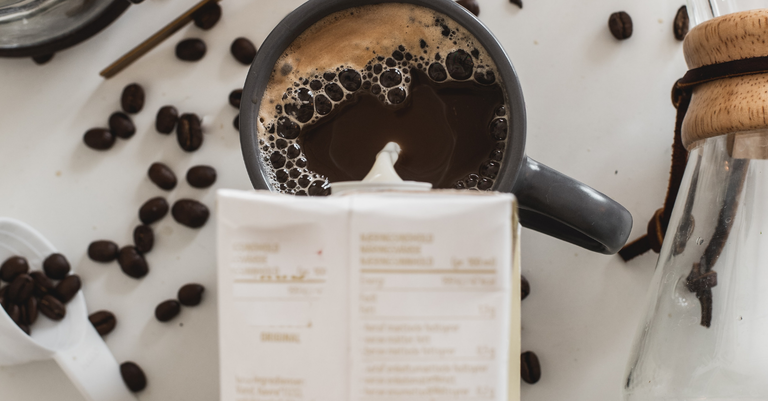A Cambridgeshire farming business Glebe Farm Foods has successfully defended a trade mark infringement case brought by the Swedish based company Oatly, the world’s largest oat drink producer famous for their OATLY drinks. Having considered Oatly’s claims a judge then dismissed all three grounds making it a complete victory for the local Glebe Farm Foods.
In 2020 Glebe Farm re-branded their oat drink product as PUREOATY. Seeing this as an infringement of its trade mark rights in OATLY and OAT-LY, Oatly sued Glebe Farm in June but a decision handed down on Friday completely rejected Oatly’s arguments of infringement of its registered trade marks, as well as its unregistered passing-off rights. The crux of the decision against Oatly was that Glebe Farm’s use of PUREOATY was use of a descriptive term because its milk drink was made of oats.
Mr Nicholas Caddick QC, sitting as the judge in the case, considered the use of PUREOATY would be seen by consumers as “doubly descriptive” of Glebe Farm’s oat drink which ultimately did not infringe Oatly’s registered rights in OATLY or OAT-LY as no one should be able to monopolise words that describe a characteristic of their products. In support of Glebe’s arguments they referred to use of the term OATY by other food manufacturers to describe the oat ingredient, including McVities’ Oaty Flapjacks, Tesco’s Oaty Flapjacks, Organix’ Banana Oaty Bars, Quaker’s Oatie Mix-Up cereal. As such, there was unlikely to be confusion between the origin of drinks sold under the OATLY, OAT-LY and PUREOATY brands. It followed that by adopting PUREOATY Glebe Farm was not trying to ride on the coat tails of the popularity of Oatly’s products nor was it attempting to misrepresent its drinks as being those of Oatly’s. Moreover, the use of their house brand and logo on their cartons ensured people would know PUREOATY was a local product coming from Glebe Farm Foods.
The outcome of the case is certainly the correct one as there is nothing particularly controversial in the judge’s reasoning – essentially OATLY and OATY are different where the former is a fanciful trade mark and the latter is a descriptive word. From a trade mark practitioner’s view and, indeed, the consumers’ viewpoint one may question why Oatly went this far and brought proceedings in the first place. A statement from Oatly on its website put the motivation behind the action purely down to trying to protect their business and brand which had been launched in the 1990s (now worth USD 10billion). They said “Having enemies isn’t really our thing and we wouldn’t dream of trying to stop another plant-based producer from helping our movement grow. But we have also learned through the years that some like to take advantage of the success we have worked so hard for and we realised early that we need to protect what we love and care about. Like all healthy relationships, boundaries need to be set and respected”. This unfortunately is one repercussion of having a successful business and strong branding and so this may well be true. It is very important not only to acquire trade mark rights through registration but to pro-actively police them against infringing, later filed applications and uses.
Many successful businesses are particularly aggressive in enforcing their trade mark rights against anyone using or applying to register trade marks including their brands. Keeping a close eye on what other businesses are doing is an extremely important strategy that should be integral to any trade mark owner’s business plan and choosing particular battles proportionate to available budget should be an important factor in the decision making process. If anything, this case may serve to warn off other businesses thinking about sailing close to Oatly’s branding for fear of ending up in court and so it may well have a strong deterrent effect.
The author is a member of the Marks & Clerk Food and Drink Team, based in Cambridge. If you have any questions on this decision or have any related enquiries then please do not hesitate to get in touch.



